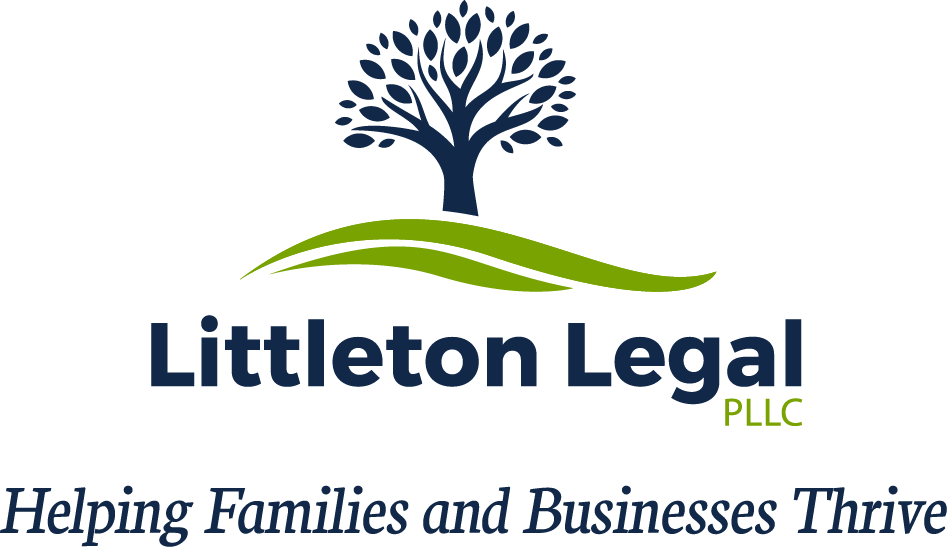Guidance from a Broken Arrow Real Estate and Estate Planning Attorney Real estate investors often…

What Is the Difference Between Estate Planning and Elder Law?
When Oklahoma families call our office, they often say, “I know I need something, but I’m not sure what.” That uncertainty is normal. Estate planning and elder law share many of the same tools, yet they serve different seasons of life. Knowing which path to follow (or how the two weave together), can give you confidence that both your loved ones and your legacy are protected.
Estate Planning: Building Your Foundation
Estate planning answers the “what if” questions that keep parents, professionals, and business owners up at night. What if something happens to me tomorrow? Who will raise my children? Who can pay the bills if I am in the hospital?
At its core, estate planning creates a legal blueprint that speaks when you cannot. Key documents include a Revocable Living Trust, a Last Will and Testament, a Durable Power of Attorney (DPOA), a Health Care Power of Attorney (HCPOA), a HIPAA Release, and an Advance Health Care Directive. Together, they direct who inherits your assets, who manages your finances in an emergency, who has access to your medical information, and who makes medical decisions if you are unable.
Because life rarely stands still, a good estate plan also looks forward. We coordinate beneficiary designations, address business succession, and explore tax-smart strategies so your wealth moves smoothly to the next generation.
Elder Law: Planning for Life’s Later Chapters
Elder law steps in when the focus shifts from “who gets what” to “how will I live.” Rising health-care costs, the possibility of long-term care, and complex benefit programs can turn even a well-funded retirement into unfamiliar territory.
An elder law attorney helps families navigate Medicaid eligibility, Veterans benefits, and long-term care insurance. We draft caregiver agreements, create Medicaid asset protection trusts, or veteran asset protection trusts for forward planning. We can also guide clients through guardianship or conservatorship proceedings when advanced planning is absent and a loved one can no longer manage on their own. The goal is to preserve dignity, secure quality care, and stretch every dollar as far as possible.
Where the Two Worlds Meet
Estate planning lays the groundwork; elder law builds the later-life additions. A Revocable Living Trust drafted in your forties, for example, can be adjusted in your sixties to protect assets from nursing-home costs. Powers of attorney you signed years ago may need new language to allow an agent to qualify you for Medicaid down the road. When the two disciplines work together, your plan remains strong from your first home purchase to your final legacy gift.
Which Guidance Do You Need Right Now?
- Families with young children, new homeowners, and business owners usually begin with estate planning to guard against life’s surprises.
- Retirees, caregivers, and anyone facing significant health care expenses often turn to elder law for asset protection and benefit coordination.
- Everyone benefits from reviewing their documents every few years so both plans stay in sync.
Let’s Plan Every Chapter Together
You do not have to choose between protecting your family and preparing for future care. Our team at Littleton Legal brings both estate planning and elder law experience under one roof, giving you clear guidance at every stage of life.
Ready to move from uncertainty to peace of mind? Schedule a confidential consultation with a Tulsa estate and elder law attorney today. Call 918-608-1836 or click here to use our online scheduling tool. We will help you craft a plan that honors your wishes, protects your assets, and supports the people you love.



